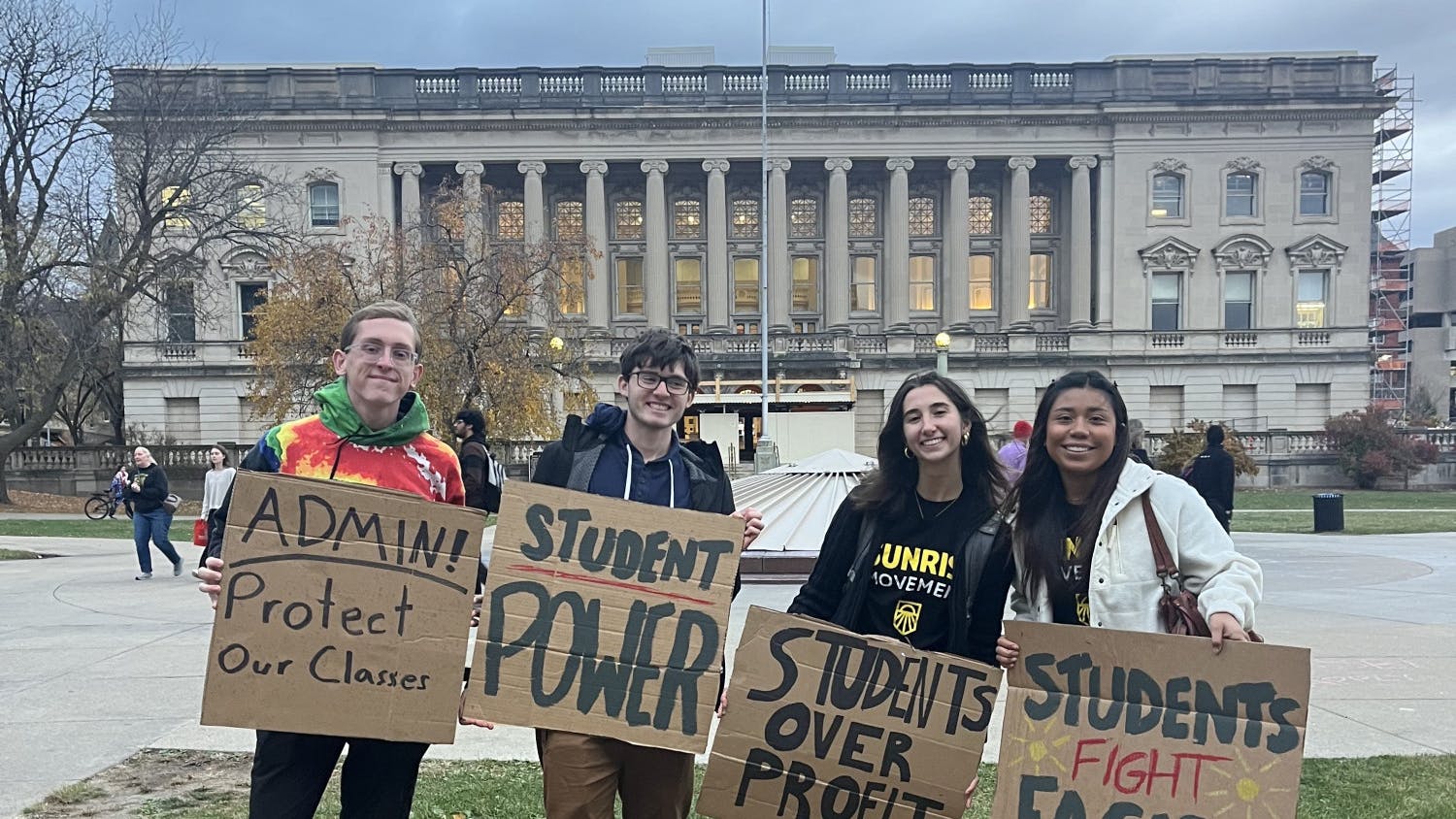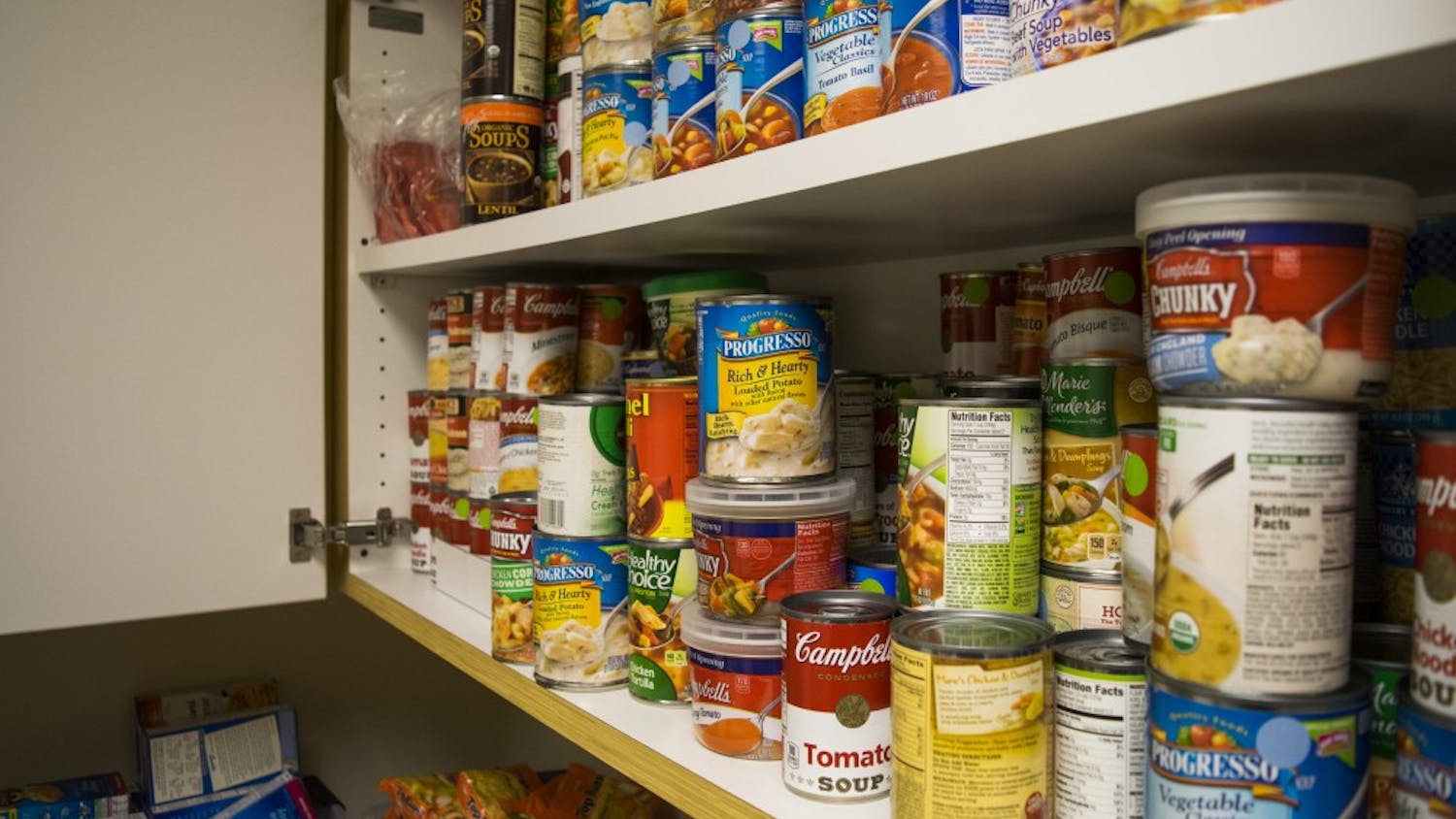Last week, Kristen Wall of College Republicans wrote on the current state of Milwaukee Public Schools. While there is wide agreement that the current graduation rate is unacceptable, her solution - to disband the MPS entirely - is drastic, unwise and dangerous.
Unquestionably, there is a massive achievement gap growing in our nation's public schools. In a nationwide 2004 study, graduation rates in the 50 largest cities were 52 percent, while their suburban counterparts graduated 76 percent of their students. Milwaukee ranked 37th of 50 in this study, graduating 46 percent. Detroit, Indianapolis and Cleveland were the bottom three, graduating 25 percent, 30.5 percent and 34 percent, respectively.
These school districts are crying out for help. However, it is another claim altogether that disbanding the MPS is the right thing to do for the welfare of the students enrolled in the MPS System.""
The better questions to ask are: What are some of the reasons - social, economic, political - that urban public schools graduate so few students compared to their suburban counterparts? And are there policy and procedural changes that urban public school systems can implement that will increase their graduation rates? Factors such as ""barely qualified teachers,"" ""gang violence"" and ""Teach for America"" are blamed, but these problems are not in any way necessarily connected to the public school system. Employing better-qualified teachers starts with training talented, dedicated students interested in teaching.
One main factor in recruiting better-qualified teachers is pay. It is hard to convince a chemistry major to start at $25,000 to teach in a high-needs school when that same person can make $40,000 in the private sector. You cannot continue to only appeal to the altruistic few by keeping incentives low. Furthermore, gang violence is a function of society writ large, not a system failure of the public school systems. Honest debate about school violence begins with gun control and ends with conversations about the role of family, community and society in raising our nation's youth. While retention rates for Teach for America alumni in high-need public schools are lower than desired, they are attempting to address the problem, usually by devoting great amounts of time and energy to their job. Throwing well-meaning young adults under the bus to make a baseless emotional claim does a great disservice to any argument against teachers.
Yet there are many things public schools can do to improve their overall success rates. Numerous times, the Boston Public School District has received notoriety for the great strides they have made in the past 10 years. Some strategies they have employed, including reorganizing large high schools into small schools and small learning communities, show promise as a districtwide approach to increasing graduation rates. Also, the district's ""Project Reconnect"" is a proven means of bringing dropouts back to school. During the summer, staff from the BPS Unified Student Services Team contact students who did not complete the school year to encourage them to re-enroll in September.
One of the biggest factors still plaguing our public schools is the ongoing prevalence of social class differences between those living in urban cities and those living outside of them. Too often, many make the all-too-common mistake of placing the blame for the education gap on failing schools and under-qualified teachers. As important are social determinants such as differences in child rearing, access to health care, the unavailability of affordable housing and the differences in wealth and asset holdings of their parents. Anybody familiar with Richard Rothstein's incredible book ""Class and Schools"" knows of these achievement determinants. Taken as a whole, Rothstein says that ""the influence of social class characteristics is probably so powerful that schools cannot overcome it, no matter how well trained their teachers are and no matter how well designed"" their schools are.
If we want to truly improve our public schools and graduate more urban Milwaukee youths, we must look beyond saving ""hundreds of dollars in income taxes"" - blaming teachers and schools in the process - and instead attempt to narrow the morally obnoxious social and economic inequalities that plague our country.
Joseph Koss is a junior majoring in secondary education and social studies. Please send responses to opinion@dailycardinal.com.





